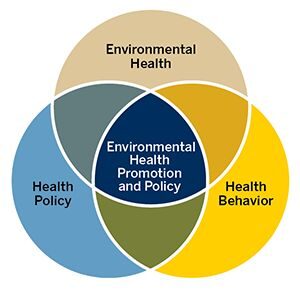Every industry is considering its environmental impact. The urge to leave a better world behind is a good thing for our future. So how is the healthcare industry combating pollution and medical waste? Let’s review EHR’s environmental impact and how it improves healthcare for patients and the planet.
Reduced Paper Usage for EHR’s Environmental Impact
Traditional paper-based medical records require a significant amount of paper and physical storage space. By transitioning to EHR systems, healthcare organizations eliminate the need for paper documentation, resulting in a substantial reduction in paper usage. This reduction in paper consumption not only saves trees but also reduces energy consumption and greenhouse gas emissions associated with paper production.
Lower Energy Consumption
The implementation of EHR systems reduces the need for extensive physical storage space and minimizes the reliance on energy-consuming equipment such as printers, fax machines, and copiers. These electronic devices require electricity to operate and contribute to energy consumption and carbon emissions. By relying on EHR systems, healthcare organizations can significantly lower their energy consumption and lessen their impact on the environment.
Minimal Waste Generation
Paper-based medical records generate a considerable amount of waste, including forms, printouts, and obsolete documents. By adopting EHR systems, healthcare organizations can significantly reduce waste generation and the need for physical storage facilities. Additionally, with digital records, there is no risk of document loss due to damage or misplacement, further reducing waste.
Efficient Resource Utilization Boosts EHR’s Environmental Impact
EHR systems optimize the utilization of resources in healthcare organizations. Digital records eliminate the need for physical space to store paper documents, reducing the demand for additional office and storage areas. This leads to more efficient use of existing infrastructure, minimizing the need for construction and expansion, which can have negative environmental impacts.
Lower Transportation Impact
Traditional paper-based medical records often require physical transportation, such as shipping, courier services, or in-person transfers. These transportation activities contribute to carbon emissions and air pollution. With EHR systems, medical records can be easily accessed and shared electronically, eliminating the need for physical transportation and reducing the associated environmental impact.
Sustainable Workflow Enhancements
EHR systems offer various features and functionalities that contribute to sustainable workflows. Electronic prescriptions, for example, reduce the need for paper prescriptions, resulting in less waste and improved medication management. Moreover, telehealth services and remote patient monitoring, enabled by EHR systems, reduce the need for patients to travel to healthcare facilities, thus decreasing transportation-related emissions.








